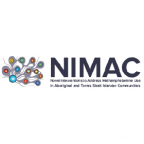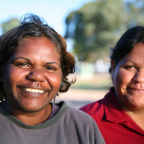Perceptions of risky alcohol use, health risks related to alcohol, and alcohol-related help-seeking in the LGBTQ+ community.
This study was conducted in collaboration with ACON and Cancer Institute NSW and comprised the second in a series aimed at understanding perceptions of risky alcohol use, health risks related to alcohol, and alcohol-related help-seeking in the LGBTQ+ community in New South Wales.











